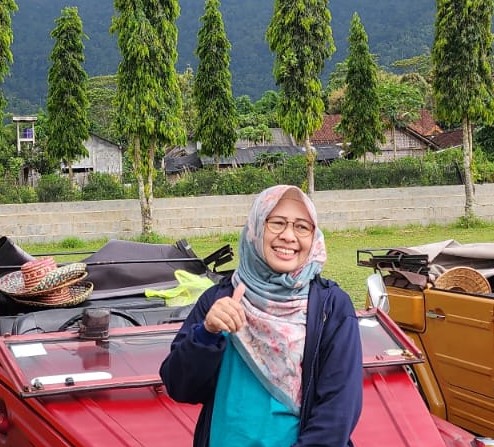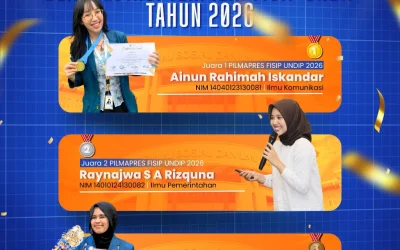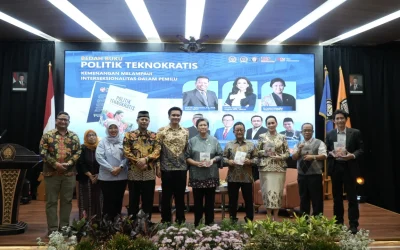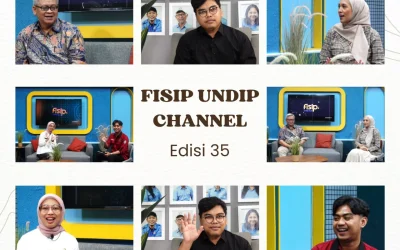“As one of the biggest contributors to the country’s economy, Micro, Small and Medium Enterprises (MSMEs) also need to implement innovation in their public services. MSMEs are quite flexible and adaptable to the direction of market demand. However, in its development, there are a number of problems faced by MSMEs in Indonesia, namely lack of capital, difficulties in marketing, tight business competition, difficulty in raw materials, lack of technical production and expertise, lack of managerial skills or human resources and lack of knowledge in management issues including finance and accounting,” said Dr. Augustin Rina Herawati, M.Si, Lecturer at the Department of Public Administration, Faculty of Social and Political Sciences, Diponegoro University.
“This study aims to analyze the structure of the relationship between elements that influence each other in the MSME-Big Enterprise partnership, using the Archetype system model and analyze the leverage of each archetype system model in the MSME-Large Enterprise partnership. A number of these problems can be overcome through innovation in the form of partnership programs between MSMEs or between MSMEs and large entrepreneurs, both at home and abroad, in order to avoid monopolies in the business world,” she explained.
Furthermore, Dr. Augustin said this research was conducted by gathering information from key informants, namely decision makers at Flour Mills Division of PT ISM Tbk Bogasari and other informants who also provided information on every decision taken. Furthermore, the type of research used is quantitative which emphasizes the existence of variables as research objects and qualitative which leads to understanding social or human problems. The data is collected by taking primary data and secondary data obtained from direct observation and interviews. The data that has been collected is then processed by system dynamics modeling with the archetype technique and in this case the Vensim program is used to model the CLD (Causal Loop Program).
Based on the results of the model simulation process with the Archetype system, several relationship structures between elements that influence each other in MSMEs Partners of Bogasari Flour Mills Division of PT ISM Tbk, namely the Success to The Successful Model with the resource allocation variable are skills; capital; and business promotion, the Limit to Success Model with a causal relationship structure is product quality; business turnover, and the Growth and Under Investment Model with the underlying CLD component being consumer demand.
“The recommendation from this study is the need to measure the performance of MSMEs Partners in the future by not using a linear approach, but using a systematic approach. Since the successful performance of MSMEs Partners is inseparable from the participation of partners, who carry out comprehensive and sustainable partnerships,” concluded Dr. Augustin. (Lin/Nuril – Public Relations)
Source: undip.ac.id





0 Comments